Organisation
Dutch Caribbean Nature Alliance

The Dutch Caribbean Nature Alliance (DCNA) is a nonprofit organisation created to protect the natural environment and to promote sustainable management of natural resources on the six Dutch Caribbean islands.
The Dutch Caribbean consists of the Windward Islands of St. Maarten, Saba, St. Eustatius and the Leeward Islands of Aruba, Bonaire and Curaçao.
The pristine nature of the Dutch Caribbean contains the richest biodiversity in the Kingdom of the Netherlands. The diverse ecosystems are a magnet for tourism and at the same time the most important source of income for the islanders. Nature on the islands is unique and important but it is also fragile. The lack of sustainable funding, policy support and adequate spatial planning pose the most significant threats.
DCNA members
-
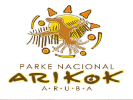
Aruba
Fundacion Parke Nacional Arikok
tel: +297-585-1234
www.arubanationalpark.org -
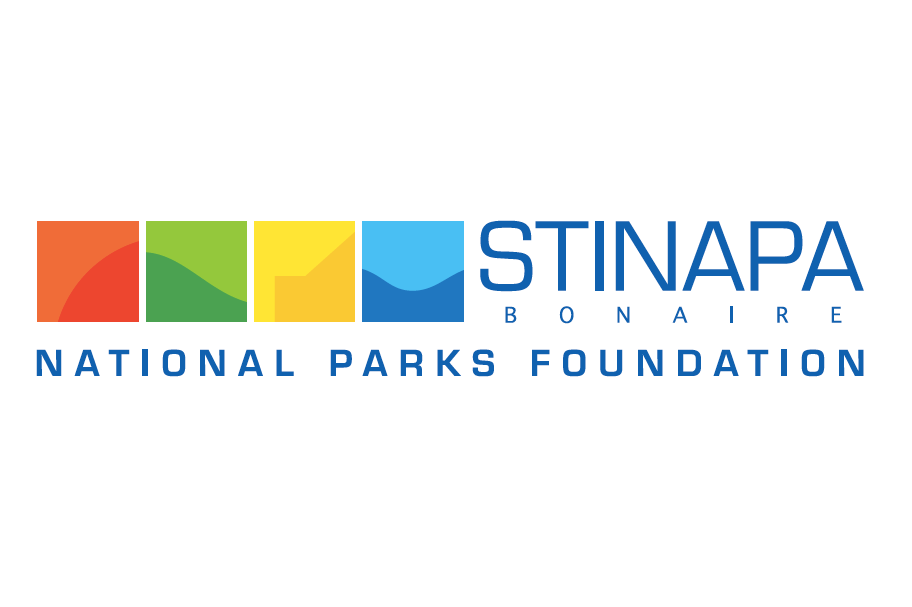
Bonaire
STINAPA Bonaire
tel: +599-717-8444
www.stinapa.org
-
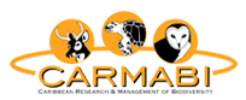
Curaçao
CARMABI
tel: +599-9-462-4242
www.carmabi.org -
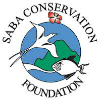
Saba
Saba Conservation Foundation
tel: +599-416-3295
www.sabapark.org -
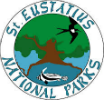
St. Eustatius
STENAPA
tel: +599-318-2884
www.statiapark.org -
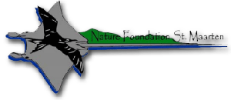
St. Maarten
Nature Foundation
tel: +721-544-4267
www.naturefoundationsxm.org
Dutch Postcode Lottery
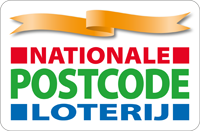
Funding for the Save Our Sharks project was granted as a Special Project by the Dutch Postcode Lottery. The mission of the Dutch Postcode Lottery is help charities that contribute themselves to a fair and greener world. By organising the lottery they raise funds for charitable organisations, and highlight their work.
Dutch Elasmobranch Society
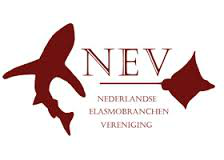
The Dutch Elasmobranch Society brings together scientists, conservationists and policy makers to gather scientific knowledge, and to promote the interests of elasmobranch fishes (sharks, skates and rays) in Dutch and European waters.
Unfortunately many shark, skate and ray stocks are depleted, and on a global scale one in four species are threatened with extinction by overfishing, destruction of their habitat and because they are caught as bycatch in fisheries targeting other species. In recent years it has proven difficult to develop suitable policy to reverse this trend, one of the major constraint being the general lack of knowledge about the ecology, and biology of elasmobranch fishes. And this knowledge is especially limited in Dutch waters. The society was founded to identify the persisting gaps in knowledge about Dutch and European elasmobranchs, and to bridge these gaps by conducting our own research, in collaboration with Dutch and international partners.





